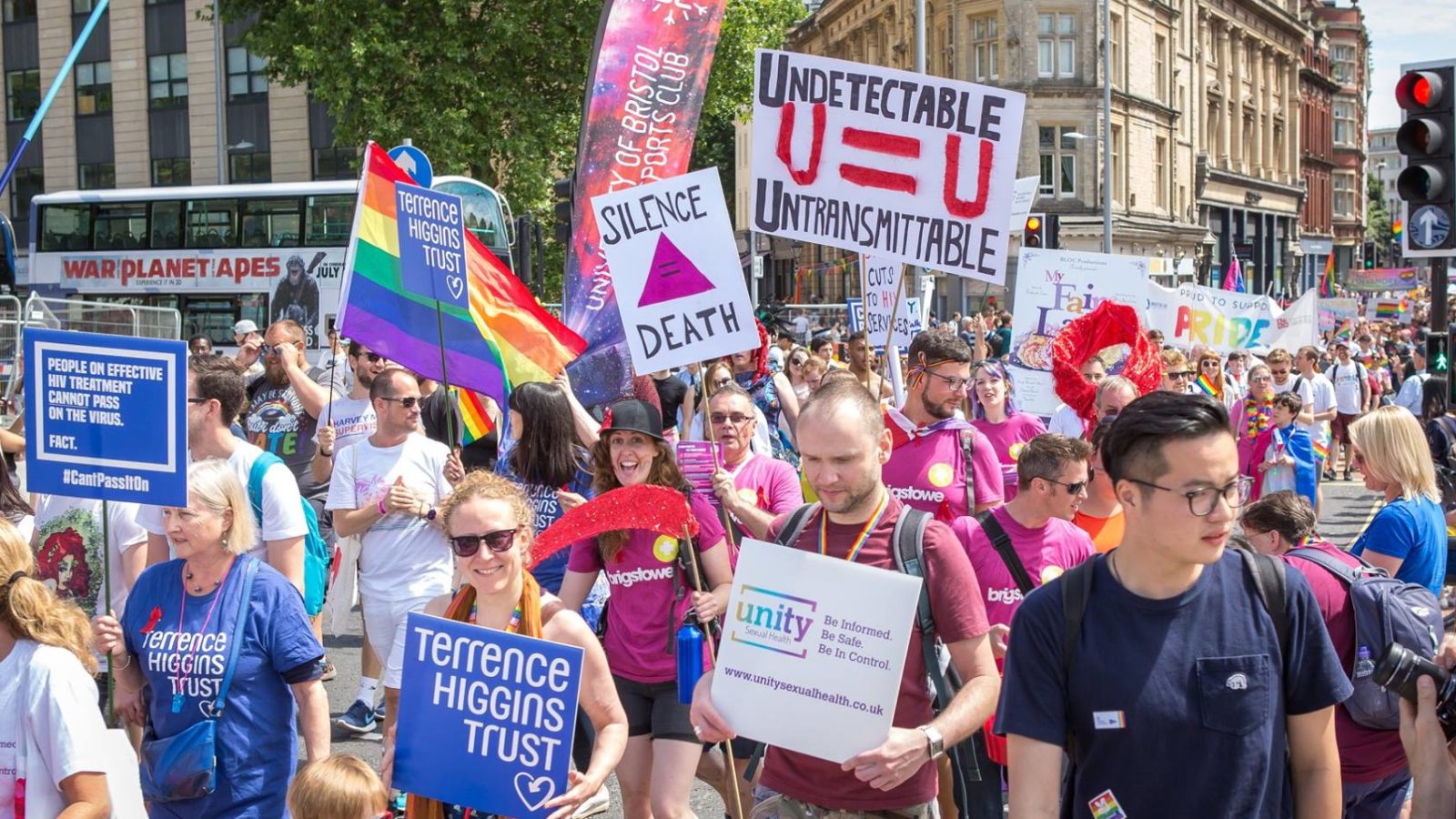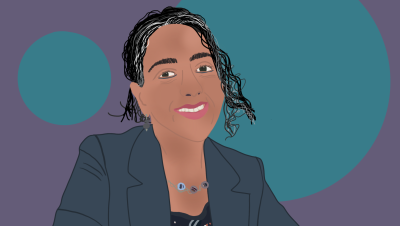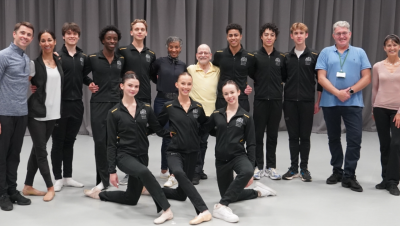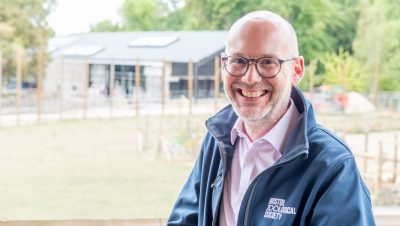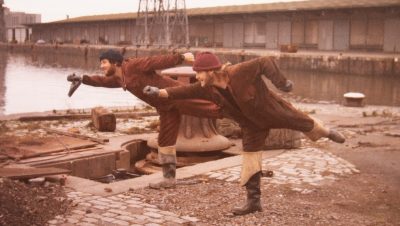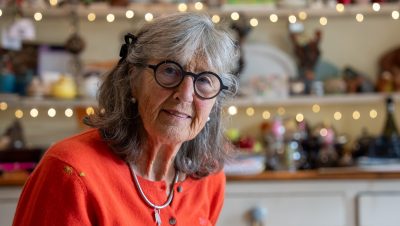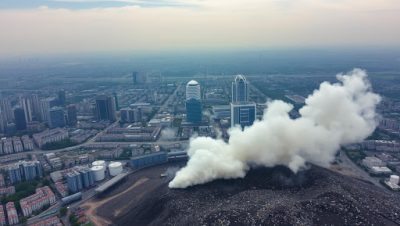Features / HIV
Faces of HIV in Bristol
It’s been over 40 years since the virus responsible for the AIDS crisis was identified, yet HIV is still mired in uncertainty. In Bristol, nearly a thousand people live with the condition, but one thing is certain: HIV isn’t a barrier to a life fully lived.
There is a wonderful term in biology called anastomosis.
It derives from the Greek meaning ‘to provide with a mouth’.
is needed now More than ever
I am not a biologist, but as an HIV-activist it has been my job to provide a mouth to a community often silenced, misunderstood or forgotten; or some cross-sectional mix of all three.
Some people remain afraid of HIV, which often silences any conversation about it.
Others remain misinformed and therefore misunderstand the condition.
Others still believe the prejudice surrounding it has gone because the problem of HIV has been solved, which is a dangerous narrative as it leaves us forgotten.
Unlike people, a virus holds zero prejudice.
It can affect us all and, to that end, it is my pleasure to introduce a cross-section of the HIV community who proudly call Bristol home.
As a frequently ‘othered’ community, we firmly believe in the motto ‘nothing about us, without us’.
On that note, I may as well start with myself:
Tini, 47, Clifton Village

photo: Tini
“Bristol has always been a Goldilocks city to me: it’s just the right size.
“It welcomes, like very few places, and is welcoming to those of us in the HIV community.
“In 2007 I was given an AIDS diagnosis, so was very close to not being here.
“Over time, medication brought me to a stage where I now label myself as HIV-neutral: the virus has no power over me. It has been neutralised.
“As a writer, this label is the piece of work I’m proudest of, even if it is the shortest!
“Being an activist is a funny kind of profession, because it’s arguably the only one where you’re trying to put yourself out of work.”
Emily, 36, Brandon Hill
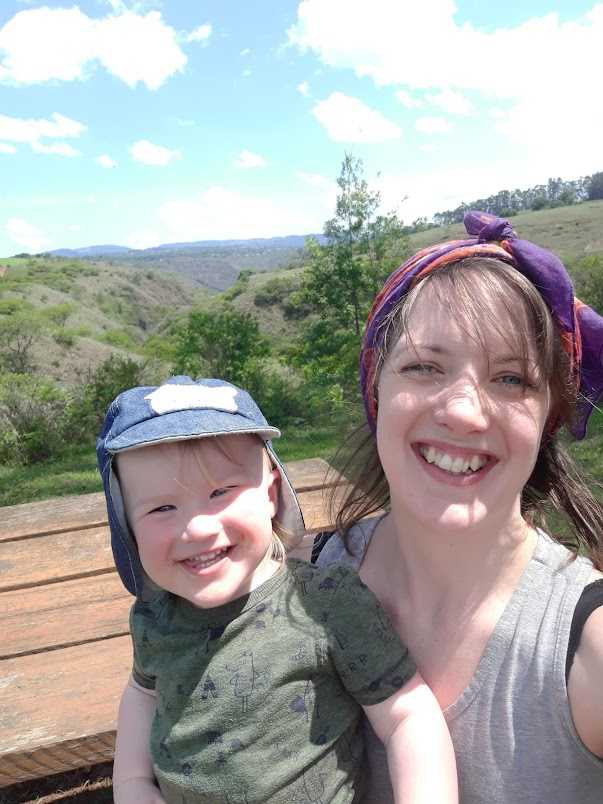
photo: Emily
“I live in Bristol with my seven-year-old son.
I’m just a normal person. I like to think of me being a little bit wonky. But then I like people’s wonky.
“I was diagnosed with HIV in 2016 and it was a massive shock.
“I went on six months’ worth of just pretending it didn’t happen, then got in touch with our local HIV charity, Brigstowe, and haven’t really looked back since.
“They’ve been amazing. I was quite closed about my status for a while but, after I decided to tell family and friends, it made me realise how lucky I was to have people who were so supportive and accepting.
“Now I basically just tell everyone!”
Irene, 51, Withywood
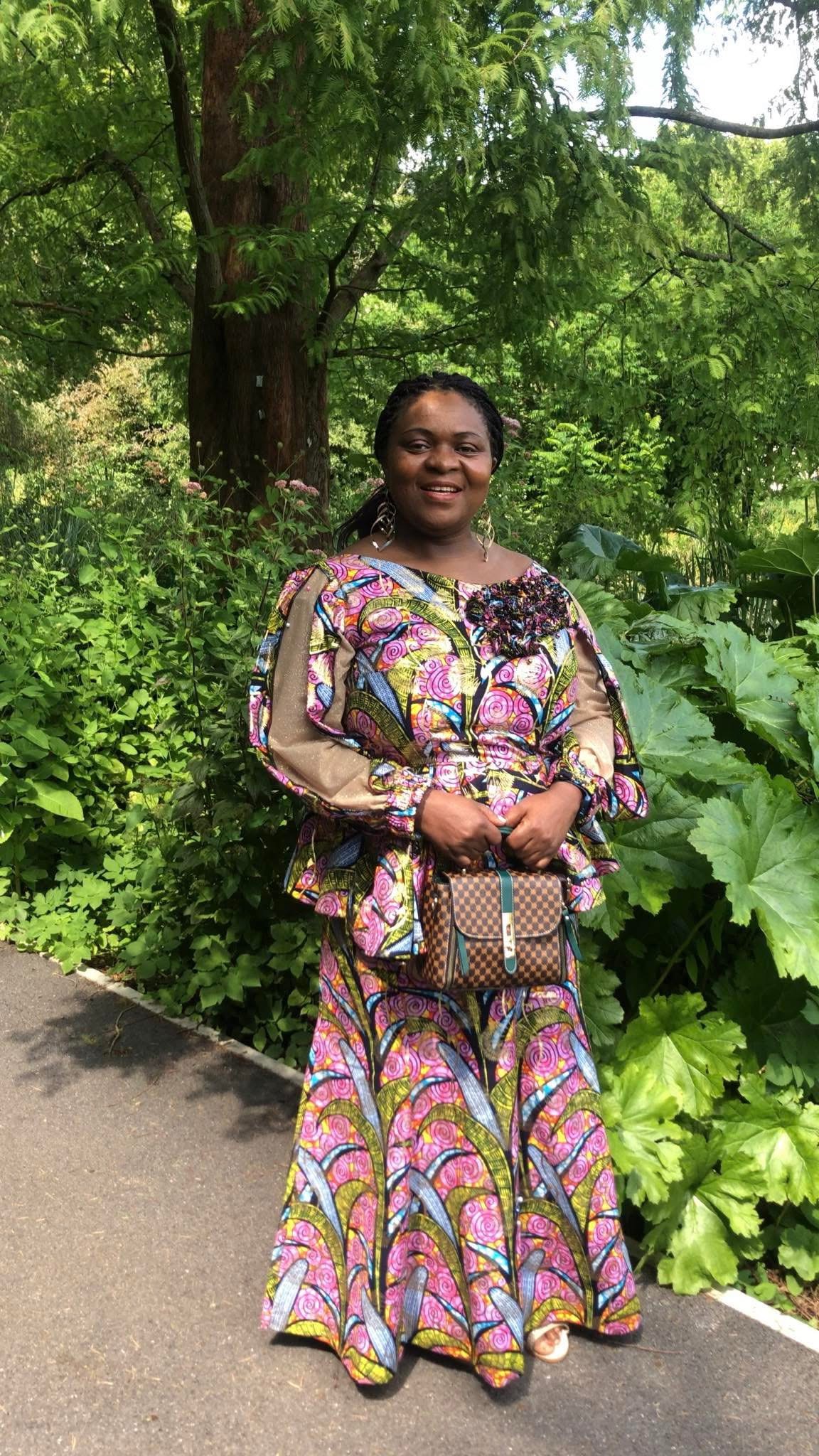
photo: Irene
“A journey living with HIV is easy and hard.
“HIV is misunderstood as people think it is the end of life.
“Once you follow the treatment, there’s nothing to worry about.
“Bristol was the first place I was allocated by the Home Office when I left the Congo because of civil war.
“I felt welcomed and got the chance to go back to school, achieving my HND (Higher National Diploma) in Health and Social Care.
“It is up to you to determine how you want to live your life. Don’t worry about what people think of you.
“People treat you according to how you portray yourself. I’m confident HIV is nothing to me, though I was diagnosed with lymphoma and life is not the same since.
“Every day is a new opportunity for me to embrace my shortcomings and just be a nice person.”
Andy, 59, Clifton Wood

photo: ©Mareike Günsche
“I moved to Bristol in 2008. I got my diagnosis three months later and it put the brakes on how I’d been living life.
“You don’t need to tell everyone. Think why you’re telling people.
“The difficulty is when you meet someone who you could date, but HIV is too big for them to cope with.
“HIV is just a virus, but it was never portrayed as such.
“I am vocal about U=U because it’s so simple, the message. For me it was the biggest game-changer.
“I remember going to a Bristol Pride and walking through the city in front of everyone.
“I was there with my placard saying: ‘HIV does not discriminate.’
“I remember thinking how far my life has come.”
Ashley, 64, South Gloucestershire
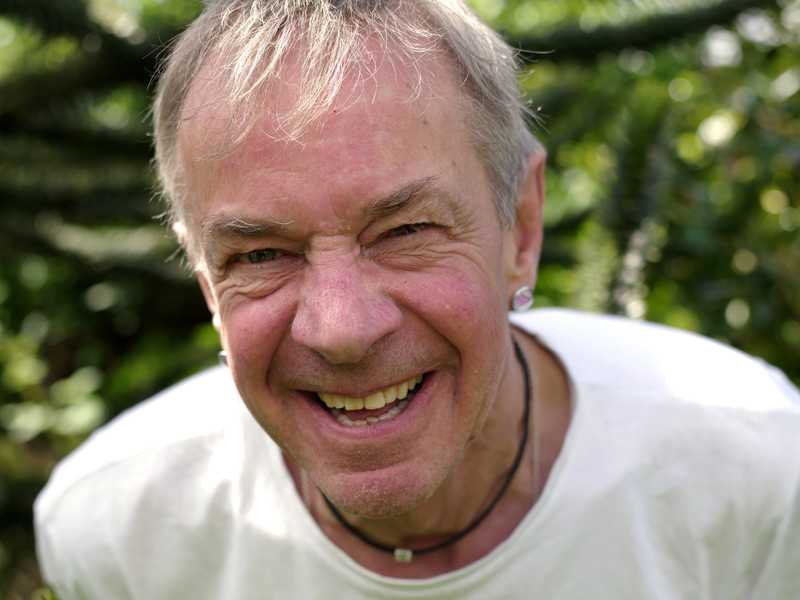
photo: ©Mareike Günsche
“I was a coach builder and got positive when I was 50.
“One day at work I thought: ‘I’ll just tell the gobbiest person’ and within five minutes everybody knew.
“People don’t realise that, even though I’m undetectable, it’s done damage to me.
“I call it the dark place. Everybody with HIV goes back there occasionally.
“Being non-binary trans, it’s quite difficult to fit in.
“For a trans-person there’s a box to go to, but non-binary you’re just floating in aether.
“I wouldn’t change anything for the world because the HIV community is a tremendous community.
“I don’t really care what the world thinks of me now. The HIV’s driven me on to be the person I am.
“I found inner strength from getting over it.”
View this post on Instagram
The dictionary definition of anastomosis is ‘a cross-connection between…parts of a network’.
Bristol is a network in itself and a city where connections cross over different communities.
Bristol fuses us together in a society that has the capacity to help itself.
The HIV community brings people together who would otherwise remain strangers.
With the world in a precarious place, this is a gift to be both cherished and nurtured.
Maybe solving the problem of HIV is a stepping stone to solving other shared problems we face.
Tini Burns is a HIV-neutral HIV Awareness activist, writer and equality advocate
For more information on U=U and the Brigstowe Project, visit: www.brigstowe.org
For further stories of people living with HIV all around the country, visit: www.wearestillhere.net
Main photo: Brigstowe
Read next:
- A citywide campaign is raising awareness of HIV-related stigma
- Brigstowe Project’s future uncertain
- Council commits to continue funding HIV support
 Our newsletters emailed directly to you
Our newsletters emailed directly to you